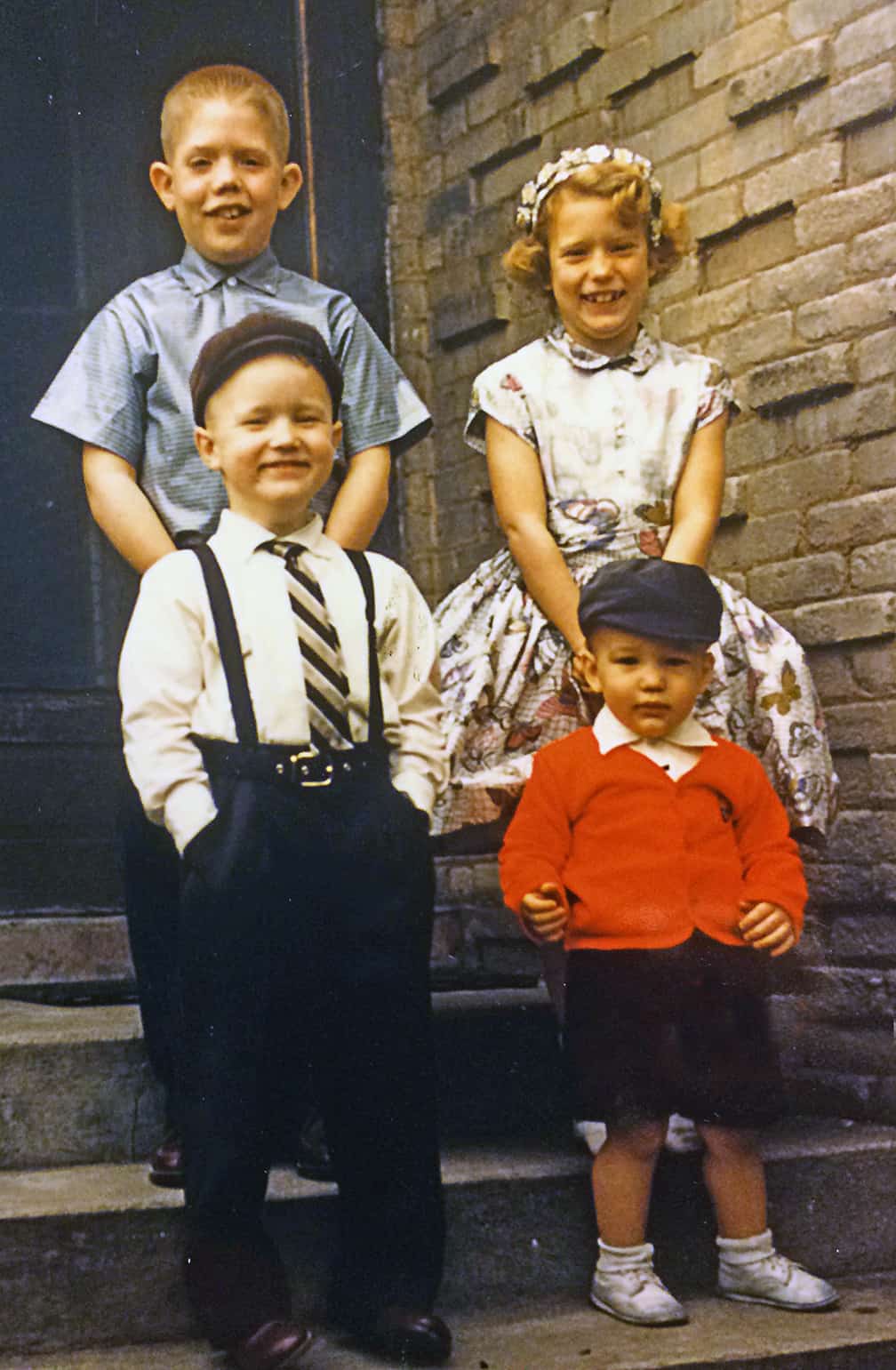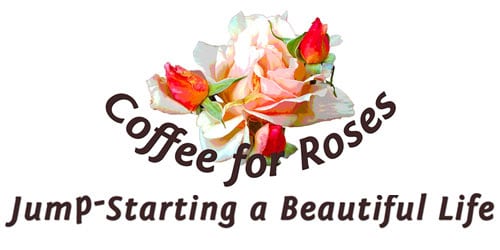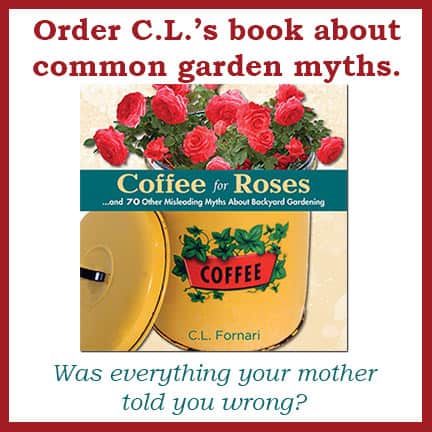I went to church on Sunday morning and cried through the first half of the service. It has been almost a month since my brother Chuck died, and I had tears stored up, waiting to fall. In my church, surrounded by a caring community and apart from work and everyday busyness, I had the time and space to cry. Of course in addition to the tears my nose started running, and pretty soon I was sniffing though the responsive readings and hymns. Fortunately, the woman sitting next to me had tissues in her purse.
Grieving for a family member, especially one who dies suddenly and unexpectedly, is tricky business. I’ve found myself continually drawn away from sorrow by taking care of all the stuff that surrounds a death. Planning a funeral, making sure other family members’ needs are considered and tended to, and trying not to be annoyed with the person who has “gone on permanent vacation” as one of my other brothers puts it.
What I’ve found especially challenging is not concentrating on just one aspect of my brother Chuck’s life. It’s tempting to focus on the fact that he had no will, wasn’t great at keeping his finances in order, and left his house in such a mess that the landlord was suck with dumping fees. The sloppiness left behind threatens to overshadow the fact that he was usually well-intentioned, empathetic and good humored.
Like every single human being on this planet, Chuck was a whole person, with a combination of talents, failings, abilities and imperfections. What a shame it would be if I fixated only on one aspect of his life.
I’ve often written and spoken about the wisdom of embracing the entire garden. People who say that they want a “low-maintenance” garden are looking at only one aspect of the landscape, for example. We’re not always willing to admit it, but to garden is to accept that we’ll have weeds, flowers, work, surprises, heartaches, great vegetables, beauty, death, critters, puzzles, and much, much more.
Yet we’re all very tempted to put our attention only on the effort, flowers, problems or successes. Maybe it’s easier for our brains to accept and embrace only one clear path. But there is seldom just one well-defined route in life, especially with something as complex as a garden or another human being. It’s all large, messy, and intertwined.
At Chuck’s funeral I talked about how he was a texting fiend. I was amused in the early years when we began to text back and forth that he signed his messages not with his name, but with LOL. I always assumed that he meant Laugh Out Loud. This closing signature seemed appropriate for Chuck because he was a jolly, LOL kind of guy.
I began to wonder about my brother, however, when he’d sign off this way on messages where laughing out loud really wasn’t appropriate. When my mother broke her hip and was just coming out of surgery, he wrote something like “Just saw the doc and he’s not sure how long it’s going to take for Mom to heal. LOL” or “Terrible ice storm last night, cars off the highway and accidents everywhere. LOL”
Finally, someone clued me into the fact that LOL also is used as an abbreviation for “Lots of Love.”
OK, that was a relief.
Yesterday, as I sat in church with tears pouring down my cheeks, I once again surrendered to the enormity of life. It is a world where LOL has more than one meaning, my garden is full of flowers and weeds, and grieving is as complex as the person we have lost.
If all of life is multifaceted and interconnected, why would any one aspect of being human – family, gardens, faith, community, or even grieving – travel that neat and tidy route we seem to crave?
The reality is that it’s all difficult, joyous, disordered and beautiful. Thankfully, there are people next to us who have tissues.

This photo was taken on an Easter Sunday in the 1950’s when my family lived in Muncie, Indiana. My older brother Steve was to my side, and Chuck (in suspenders) and Phil (red jacket) were below. My brother Rich was an infant and in my mother’s arms when this photo was taken.



